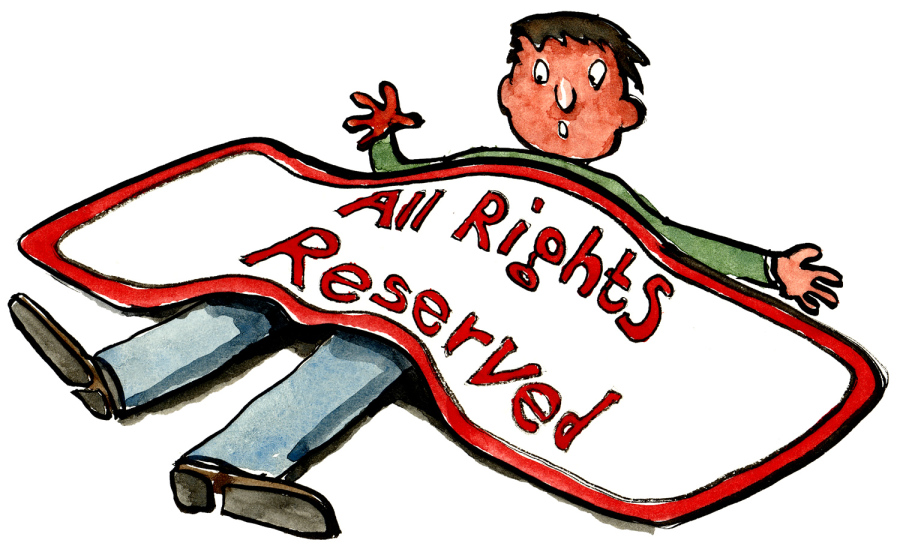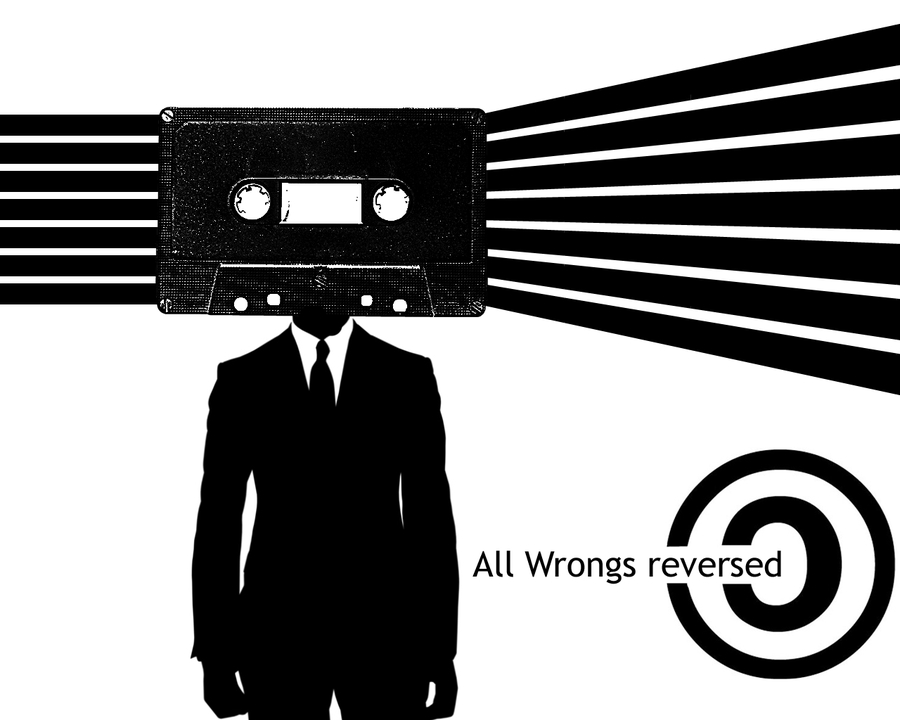When a recording gets published by a a record label, they reserve all the rights on that recording — to them. In most of the cases you got to pay for the recording (a lot), you studied, practiced and rehearsed the music, it was your idea, your project. Then you probably have to buy the CD’s yourself (at a little cost but still) in order to sell them at your concerts or send them to festival/concert organizers. Supposedly the good part is, that people get to know you, they will listen to you, because you appear in the catalogue of new publications etc. But does that really happen? I mean, on a big scale? Maybe it does, if you get published by a big label like, let’s say Harmonia Mundi, but that again will probably not happen until you’re 40 and famous, and if you get there, then you might not need that publicity anymore, as you could have build an audience that follows your activities, especially if you use internet.

All rights reserved — Frits Ahlefeld
Anyway, what you want to happen to your recording is that it gets heard, right? The more, the better! So, what you should want people to do, is to share it, show it to their friends, recommend it, copy it. Maybe someone even likes your recording so much, that she/he wants to use it for their own artwork, a short film, exposition etc. Would you like that? Probably yes, because it means that your music means something to someone, that it is useful, it can make another creative work more beautiful or interesting, and your music gets to a wider audience. All this is not allowed under a traditional “all rights reserved” license, it will normally have a cost (which many people aren’t able to pay) and a need for permission. The very fact of having to ask for permission will take away people’s initiative in the very first place. Copyleft solves this problem: “Copyleft is a strategy of utilizing copyright law to pursue the policy goal of fostering and encouraging the equal and inalienable right to copy, share, modify and improve creative works of authorship.” — copyleft.org
Of course you will not get a copyleft license on your recording if you get published by a record label.

Copyleft by Faulkner16
Now some people may say that your music is your work, and you really should not give it away for free. But, have you ever asked a well established musician how much they earn on royalties? When did you buy a CD the last time? There’s always exceptions but they just prove the rule. People do not want to pay anymore to listen to recordings. But, if they listened to you because it was easy and free, and they liked it, they might buy a ticket to your concert, which is where musicians do earn money. And after that concert, only then, if you played really well, they might want to buy the physical CD as a memory of that concert.
You could also think that all of this sounds very nice, but the wide audience of, in my case, Early Music does not use internet in that way, and that Festival Directors rely on musicians with traditional careers —Publications in important record labels, winners of music competitions, your photo on the front page of a music magazine (for which you probably had to pay) etc etc. But traditions and audiences change and the future of record labels is uncertain.
I leave you with a TEDx Talk by Nina Paley: Copyright is brain damage.